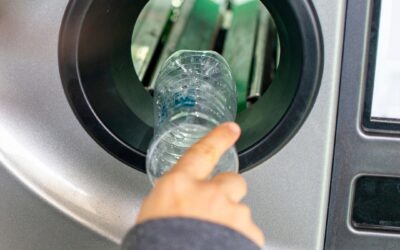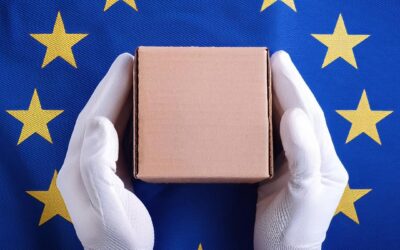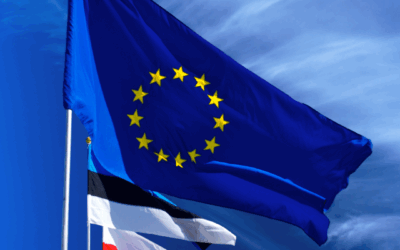Packaging law in Finland: EPR regulations since January 2024

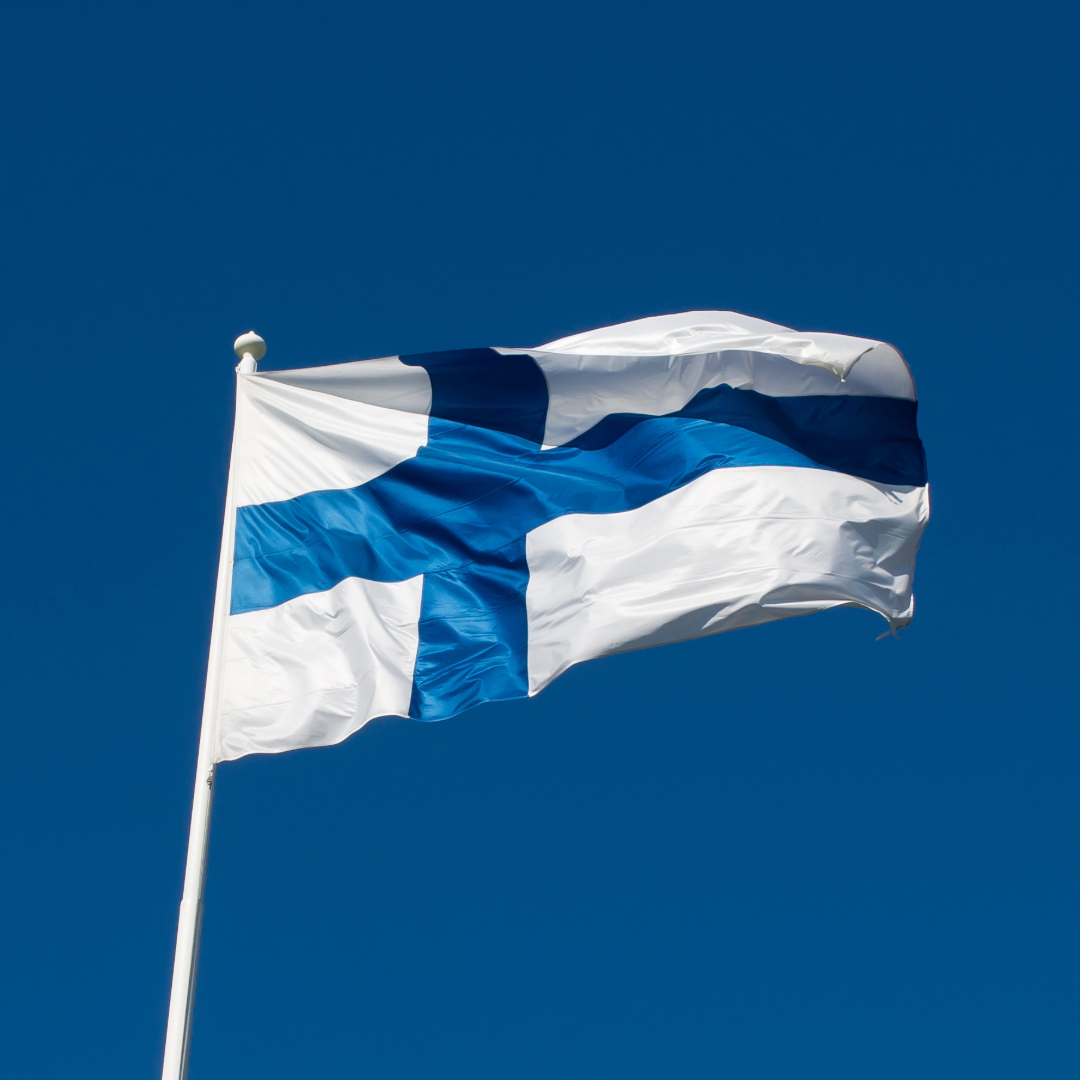

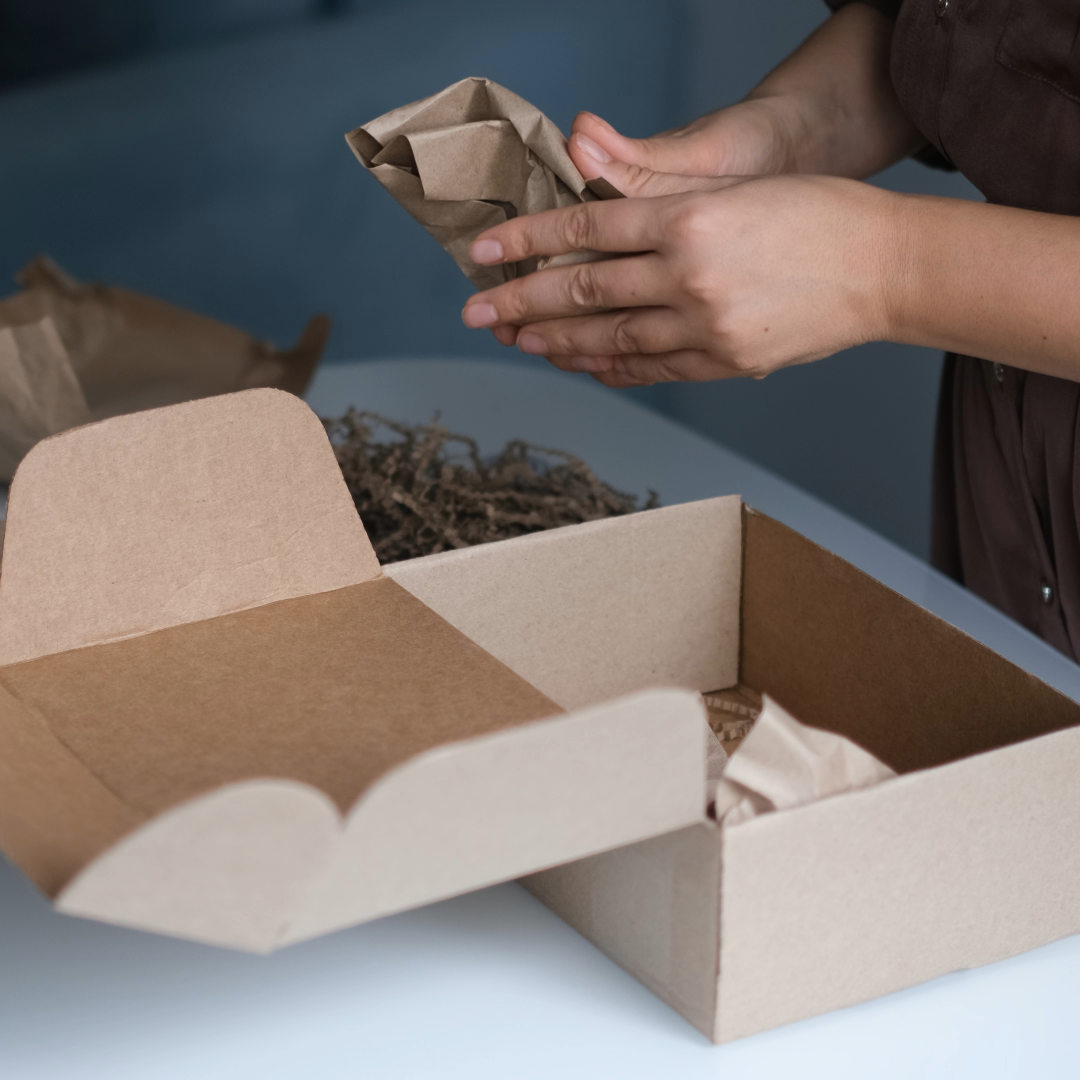
Since January 2024, registration has been mandatory for all packaging producers in Finland, regardless of their revenue. With the abolition of the turnover threshold of one million euros at the beginning of the year, Finland is now making significantly more companies responsible for contributing to the costs of recycling their packaging. In this article, we shed light on what you need to consider as a retailer or manufacturer in Finland.
Extension of the EPR obligation in Finland
In order to reduce the impact of packaging and products on the environment, Finland has adapted its EPR (Extended Producer Responsibility) regulations. Registration with a collective system has been mandatory in Finland since 2024, whether for big players or newcomers. By removing the exemption limit for companies with a turnover of less than one million euros, Finland is taking a major step towards protecting the environment and resources. The adjustment in the Finnish definition of a producer is entirely in line with EU regulations.
This means that all companies in Finland, regardless of their turnover or size, must now fulfil their extended producer responsibility for their packaging.
There are also changes in the area of service and agricultural packaging. Producers or importers of service packaging, such as pizza boxes or coffee-to-go cups and agricultural packaging intended for agricultural products, now also fall under the definition of producer in the Finnish Packaging Act. Since then, the producer is responsible for the packaging, not the companies that actually fill the packaging and hand it out to customers. The regulation relieves the burden on small shops and restaurants.
What retailers and producers need to know now
If you are a foreign company packaging products for the Finnish market or importing packaged products and have a permanent location or branch in Finland or sell packaged products from abroad to Finnish end customers, you are responsible for fulfilling your Finnish EPR obligations.
Your obligations include registering with a collective system such as Rinki (where you pay a one-off registration fee and annual customer fees) and preparing an annual report on the quantities of your own packaging waste for the Finnish authorities. You also pay annual recycling fees depending on your packaging volumes. If you do not register with a collective system, you are free to set up your own system for collecting, sorting and recycling your packaging, but this involves a lot of bureaucracy.
Eco-Fees in Finland
Saving fees with recyclable packaging? It’s possible! To encourage companies to use recyclable packaging, Finland, like some other EU countries, is implementing eco-modulation.
This means that you can reduce your recycling fees for packaging based on its recyclability. Fees for packaging made of mono-material, i.e. packaging made of only one type of plastic, are therefore lower than for packaging made of different types of plastic.
Finland has been implementing this regulation since 2023. At the beginning of 2024, the regulation was expanded to include categories for metal and paper.
New boost for environmental protection in Finland thanks to EPR
With the extension of the EPR obligations in the packaging sector by removing the turnover limit, almost 30,000 companies in Finland will be made more responsible. Costs will be distributed more fairly and recycling will be more effective. Although this increases the administrative burden for some companies, the extension represents an opportunity for the circular economy and thus for environmental and resource protection.

LIZENZERO.EU makes packaging compliance in Europe very easy.
Do you ship your products to different countries in the EU? Many different legal requirements and obligations can make the whole thing quite complicated – but don’t worry, we’ll do it for you. How do we do it? With our licensing service, we take over all obligations for you by power of attorney. Sounds good? We’ll be happy to advise you.
For shipping to Germany, you can easily fulfill your packaging obligations yourself via Lizenzero.de.
Deposit systems in the EU explained
Deposit systems show that simple solutions help to keep packaging in circulation and increase recycling rates. However, there are major differences within the EU: while countries such as Germany, Sweden and Finland have been using deposits for years and achieving high return rates, other Member States are still in the early stages.
Mandatory from 2026: The EU Authorised Representative for Packaging explained
Europe is an attractive but regulatory complex market. One of the more complex requirements is the appointment of an authorised representative (AR). The AR is the central interface between the manufacturer and the European market surveillance authorities. The authorised representative plays an important role in product safety and extended producer responsibility (EPR) and is therefore becoming increasingly important to ensure access to the market.
Authorised Representatives in Europe: Which ones are there and what do you need them for?
Europe is an attractive but regulatory complex market. One of the more complex requirements is the appointment of an authorised representative (AR). The AR is the central interface between the manufacturer and the European market surveillance authorities. The authorised representative plays an important role in product safety and extended producer responsibility (EPR) and is therefore becoming increasingly important to ensure access to the market.


